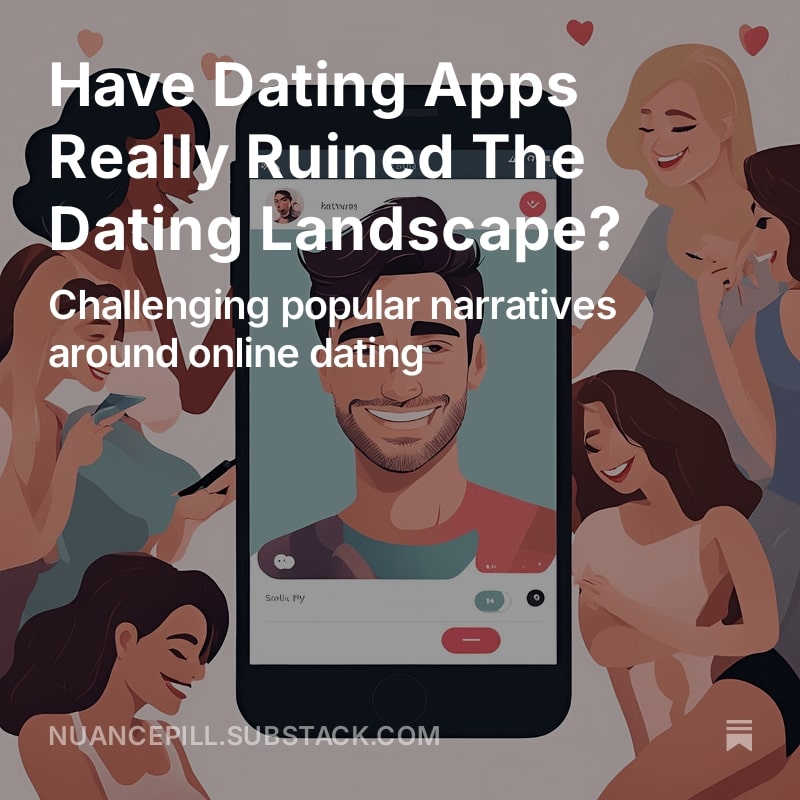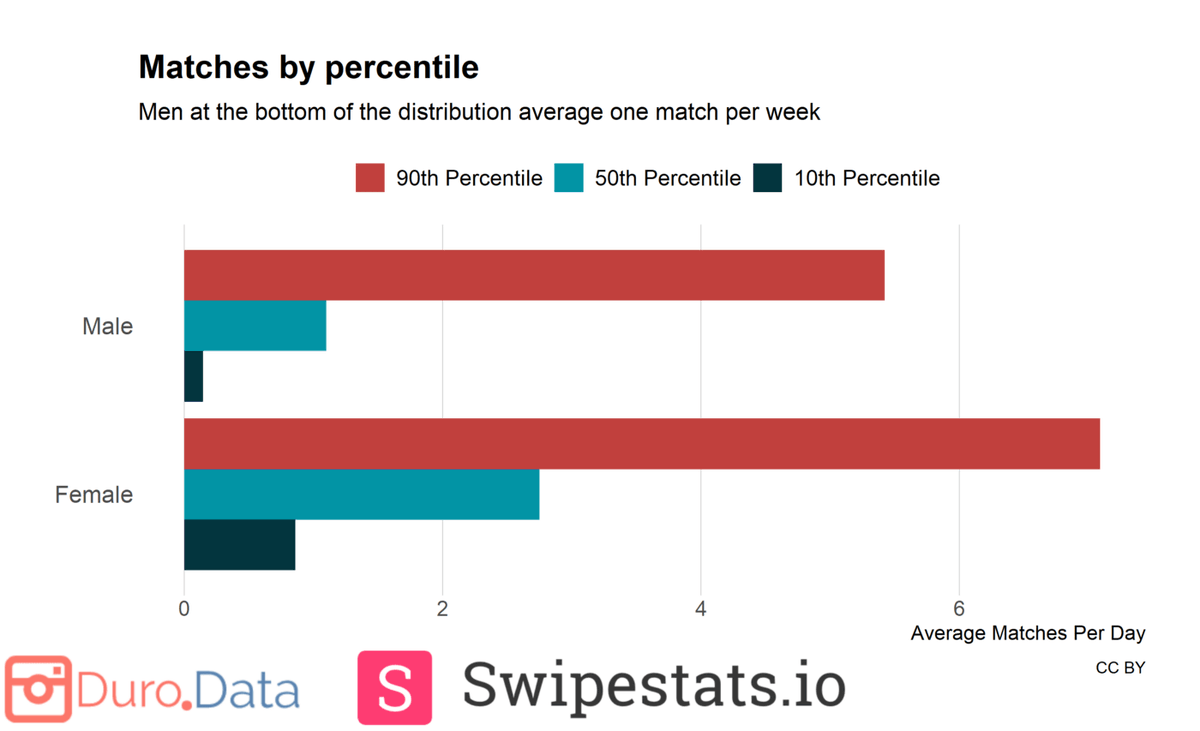#Autism and the #Incel community 🧵
A large incel forum survey found that 71.5% of the respondents reported being on the autism spectrum:
nationalpost.com/news/inside-th…
A large incel forum survey found that 71.5% of the respondents reported being on the autism spectrum:
nationalpost.com/news/inside-th…

Another survey found that 18% had an official diagnosis, while a whopping 74% were self-diagnosed. Regardless of the level of accuracy to these self-diagnoses, it shows at the least that autism-like social difficulties are unsurprisingly highly prevalent in this community. 

This massive overrepresentation also carries over 'incel-related' mass killers turning out to have been diagnosed with an autism spectrum disorder.
Beginning with the infamous Elliot Rodger, who was diagnosed with PDD-NOS (another defunct subtype of autism) in 2007.
Beginning with the infamous Elliot Rodger, who was diagnosed with PDD-NOS (another defunct subtype of autism) in 2007.

The anonymous hacker known as 4chan also revealed that he asked Yahoo Answers whether he was allowed to buy a gun in California while having receiving benefits for 'mild autism and anxiety'. 

Next up Alek Minassian, who spergily proclaimed: "The Incel Rebellion has already begun! We will overthrow all the Chads and Stacys! All hail the Supreme Gentleman Elliot Rodger!"
He was also diagnosed with autism, for which he attended a special needs school.
He was also diagnosed with autism, for which he attended a special needs school.

Then we have Jake Davison, another certified sped who was diagnosed with autism as a child, and who expressed dismay about being an 'unemployed, autistic, poor, sexually frustrated male with tons of health issues'. 

Nikolas Cruz, who also praised Elliot Rodger, writing in a YouTube comment: "Elliot Rodger will not be forgotten", was diagnosed as 'developmentally delayed' in 2002, and in a 2016 report was reported to suffer from depression, ADHD, and autism. 

Chris Harper-Mercer of the 2015 Oregon shooting, who said that "My whole life has been one lonely enterprise. One loss after another. And here I am, 26, with no friends, no job, no girlfriend, a virgin. I long ago realized that society likes to deny people like me these things." 

While those concerned about the danger of such an association are likely right to point out that autism doesn't inherently make one violent, it can't be denied that it is often a factor in leading young men like this down dark paths, as the social alienation and lack of...
...sexual/romantic success can leave them feeling hopeless and misanthropic.
What the solution to this is idk, but clearly society is failing autistic males and the consequences of leaving them in isolation to possibly fester in dark corners of the internet can be disastrous.
What the solution to this is idk, but clearly society is failing autistic males and the consequences of leaving them in isolation to possibly fester in dark corners of the internet can be disastrous.
• • •
Missing some Tweet in this thread? You can try to
force a refresh



















